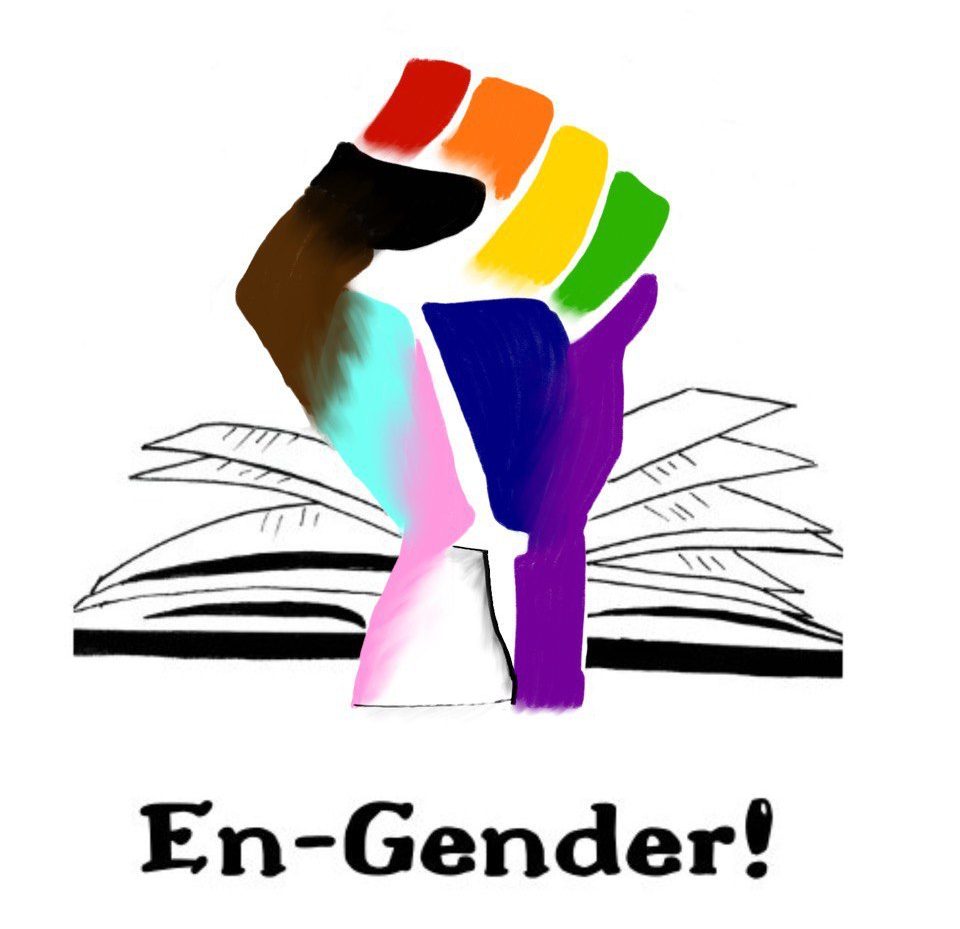by Anne, Rebecca L.
Focusing on the influence of Catholic church ideology on the political landscape of Poland, this piece explores the desperate state in which Polish women seeking the right to abortion find themselves. The author outlines how after the fall of communism in Poland, women’s healthcare rights were dismantled resulting in the desolate current state of affairs. It is interesting to note political and ideological similarities between Polish and other nation states that are also experiencing waves of right-wing populist conservatism. Namely that a patriarchal religious institution (in this case the Catholic church) is somehow working in cooperation with right-wing political parties either behind the scenes or in the forefront. We see some of these same discussions and socio-political patterns happening in the United States currently where folks are protesting the potential repeal of a key piece of legislature that keeps abortion safe, available, and legal.
As I read this piece, I couldn’t help but perseverate on how abortion and women’s right to health care is an issue of the braiding together of religious doctrine, political moves to stay in power, and economic inequalities. These are interwoven in such a way that not only disparages poorer women’s role and participation in society but also puts them in very real bodily danger. Classist, patriarchal, moral hierarchies that perpetuate abuses of power are a threat not only towards ourideasof autonomy, freedom, and equality but also to our physical bodies. The author has carefully demonstrated how the political system in Poland works in co-creation with its people to mold docile bodies that perpetuate the very system which keeps them limited and oppressed. This would not be possible without certain misogynistic Christian ideologies which place woman as man’s subordinate and the long history of Catholic’s global power and influence.
This article highlights important developments in the abortion debate in Poland and on a global scale where women’s lives are being put at risk and their bodily autonomy is restricted. However, I agree that these issues need to be approached and debated without leaning on essentialist thought. I am curious if we could further investigate attitudes and discourses towards the role of the female within Polish culture from different angles. I do not doubt that there are women who feel/are persecuted by the Catholic Church as well as the “draconian” abortion laws the author problematizes so vehemently. It would, however, be worth exploring those women who supportthese abortion laws as well as those who embrace a more ‘traditional’ value system. Do we as social scientists write these women off as complicit in their own oppression? Are they victims of a false consciousness? Is there some way that we can work to understand the workings of power and control in a way that recognizes our common humanity?
In the current political and academic climate that is becoming more polarized and unwilling to understand other voices and opinions, it is crucial that we use our platforms to bring understanding and compassion towards those who hold views which might contradict our own. Just as well, it is our responsibility to speak to structures of power which view certain members of the human race as inferior or seek to do them harm. So, while I stand in gratitude and applause for this author who continues to bring these issues into the collective consciousness, I ask that we as social scientists and members of our own respective communities keep our minds and hearts open to the ‘other’ side. Why do people support misogynistic ideologies and theologies? What would motivate them to do so on a personaland systemiclevel? And how can we learn to understand what has brought the ‘other’ to such an ideological stance? Once we open ourselves up to this possibility, we begin making steps towards healing a suffering society.
We live in an era of multiple, relative truths and there are many regimes of knowledge and power which seek to sway us in one way or another to keep society functioning in a certain way. To approach current moral dilemmas from a black and white way of thinking only seems to strengthen that which harms us. I welcome such conversations as they require us to examine our processes of dealing with the repugnant other. Presently, I believe it is our duty to unpack and destabilize regimes and coalitions of power which exist to the detriment of humanity as a whole.
Read the full article here: En-Gender! Volume 3 Issue 1 (2020)

